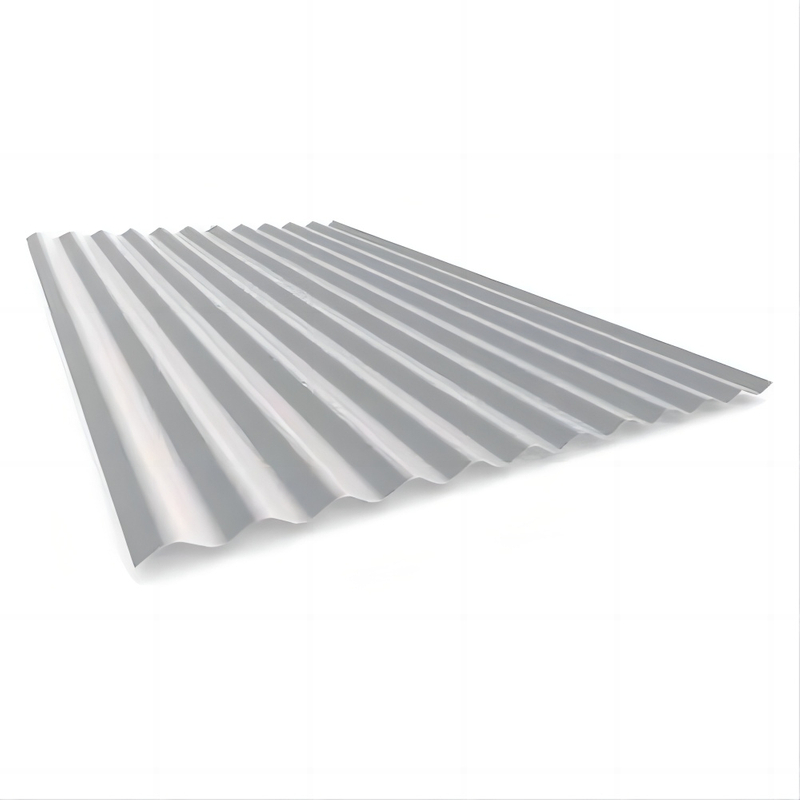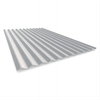Please Choose Your Language
-
English
-
العربية
-
Français
-
Русский
-
Español
-
Português
-
Deutsch
-
italiano
-
日本語
-
한국어
-
Nederlands
-
Tiếng Việt
-
ไทย
-
Polski
-
Türkçe
-
ភាសាខ្មែរ
-
Bahasa Melayu
-
Filipino
-
Bahasa Indonesia
-
magyar
-
Română
-
Čeština
-
Монгол
-
हिन्दी
-
فارسی
-
Slovenčina
-
Slovenščina
-
Norsk
-
Svenska
-
Ελληνικά
-
Suomi
-
Latine
-
Dansk
-
Shqip
-
Hrvatski
-
Afrikaans
-
Gaeilge
-
Eesti keel
-
latviešu
-
Azərbaycan dili
-
Беларуская мова
-
ქართული
-
íslenska
-
Kinyarwanda
-
Lietuvių
-
Lëtzebuergesch
-
Македонски
-
Malti
-
Türkmençe
-
ئۇيغۇرچە
-
Cymraeg

















